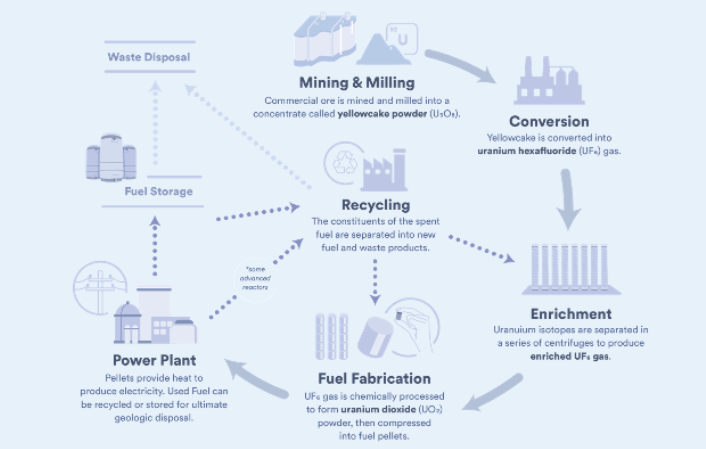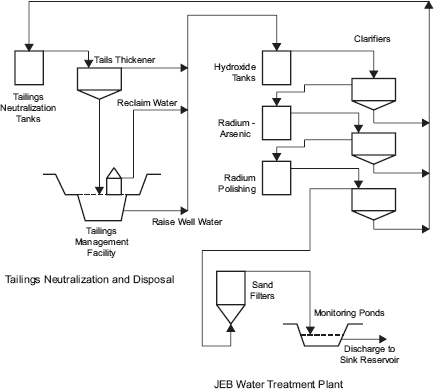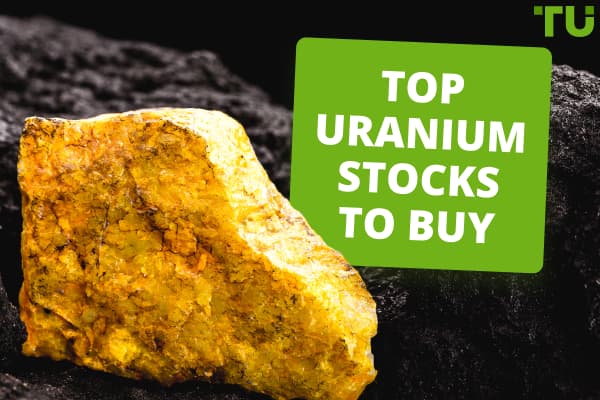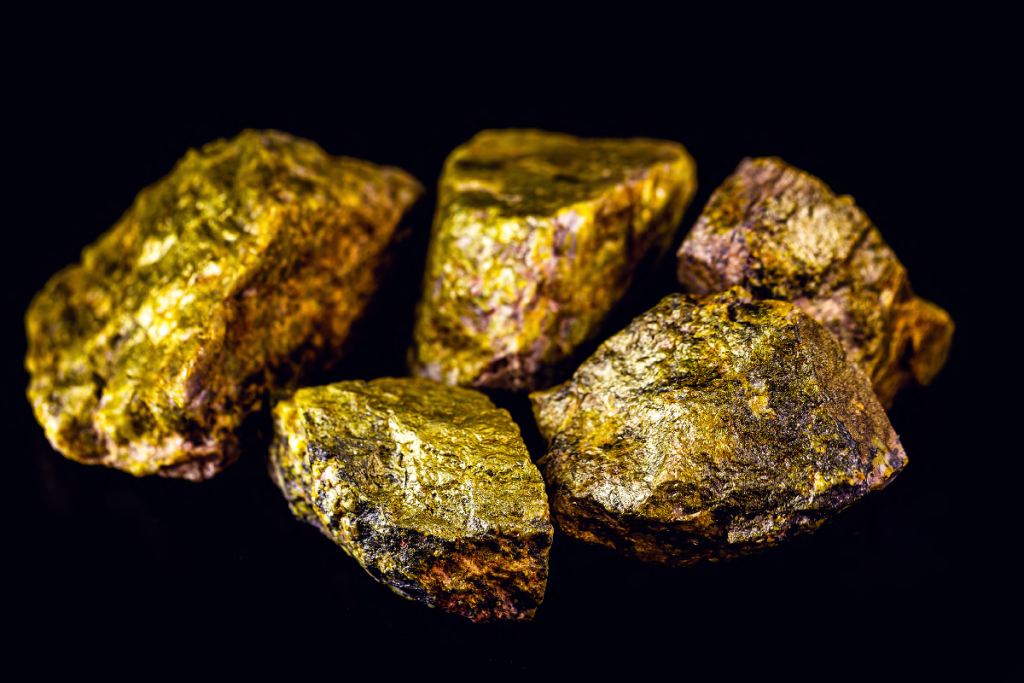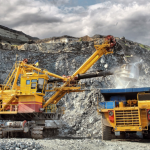Exploring The Effect Of Mining Operations on Natural Mineral Resources
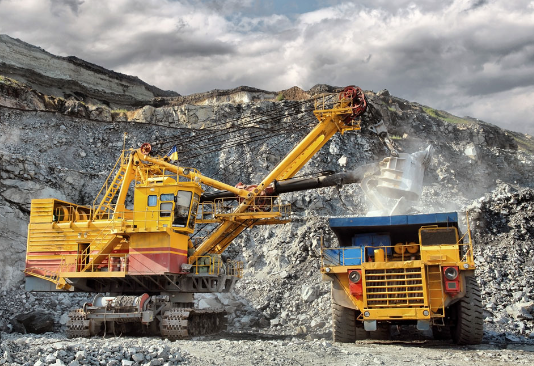
Mining operations in the Earth’s depths are crucial for revealing important mineral resources that significantly influence our contemporary society. From the extraction of coal and copper to the mining of rare earth metals and diamonds, these activities possess the capability to profoundly impact the economic and propel technological progress. However, what is the genuine influence of mining on our natural resources?
Join us in this article@ Zik Natural Resources, as we explore the complexities of mining operations and unveil the hidden knowledge they possess, ultimately guiding us towards a future that is both environmentally sustainable and socially responsible.
Various Mining Operation Techniques
Mining operations utilize a range of methods to extract minerals from the Earth. The Conventional mining techniques encompass open-pit mining, underground mining, and placer mining.
- Open-pit mining is a frequently employed method for extracting minerals that are found close to the surface of the earth, such as coal and iron ore. This technique entails the digging of expansive open pits or quarries, which enables the retrieval of minerals employing explosive force and robust gear. Open-pit mining is a financially advantageous and productive method for obtaining substantial amounts of minerals. However, if not properly regulated, it can result in severe adverse environmental effects.
- Underground mining refers to the process of extracting minerals underneath the outermost layer of the Earth. This approach is employed when the resource is situated at a significant depth or when the deposit is insufficiently large to warrant the utilization of open-pit mining. Mining in the underground can be categorized into subcategories including drift mining, slope mining, and shaft mining, each having distinct procedures and requirements.
- Placer mining is a technique employed to extract minerals that have been carried and deposited by water. This technique utilizes the inherent forces of gravity and water to segregate rich minerals from dirt and gravel. Placer mining, frequently employed for valuable metals such as gold, is frequently linked to environmental apprehensions because of the utilization of mercury in the extraction procedure.
Subscribe to www.zikresources.com for more valuable information and content
Principles Of Mining Operation That Promote Long-Term Environmental And Social Responsibility
Sustainable mining methods strive to mitigate the adverse effects of mining activities and encourage the optimal utilization of resources.
- Sustainable Resource Extraction: entails the reduction of waste, the maximization of natural resource recovery, and the minimization of the environmental impact of mining operations. Effective mining techniques, such as sophisticated drilling and blasting procedures, along with innovative technology for ore processing and beneficiation, can be employed to accomplish this.
- Environmental Management and Reclamation: are crucial in reducing the effects of mining activities. Mining enterprises have to formulate and execute all-encompassing environmental management strategies that tackle concerns such as land restoration, water administration, air pollution regulation, and preservation of biodiversity.
For more valuable and educative content contact Zik Natural Resources@ www.zikresources.com
Regulations And Policies Governing Mining Operation Activities
The regulations and policies governing mining operation activities have a significant influence on the mining industry and are crucial in mitigating its adverse effects.
- Regulations on the protection and preservation of the environment: Mining operations are subject to environmental restrictions that cover the utilization of land, water conservation, the quality of the air, and the disposal of waste. These regulations provide criteria for the environmental efficiency of mining enterprises.
They mandate that companies must get permits, carry out assessments of environmental impact, and adopt steps to reduce environmental risks. Failure to comply with environmental standards can lead to the imposition of penalties, sanctions, and the revocation of mining licenses.
- Global Standards and Initiatives: International norms and initiatives are essential for advancing responsible mining operations. The mining sector is guided by organizations like the International Council on Mining and Metals (ICMM) and the Extractive Industries Transparency Initiative (EITI), which establish rules and criteria to promote transparency, accountability, and sustainability.
Mining organizations frequently choose to comply with these requirements voluntarily to showcase their dedication to responsible mining techniques.
In conclusion, mining operations activities exert a substantial influence on natural resources, frequently resulting in environmental deterioration, loss of habitats, and the exhaustion of limited resources. Mining corporations, governments, and regulatory organizations must assume a pivotal role in enforcing environmental legislation and advocating for sustainable mining practices to mitigate the detrimental effects on natural resources.
Share this valuable information about mineral natural resources @ www.zikresources.com


